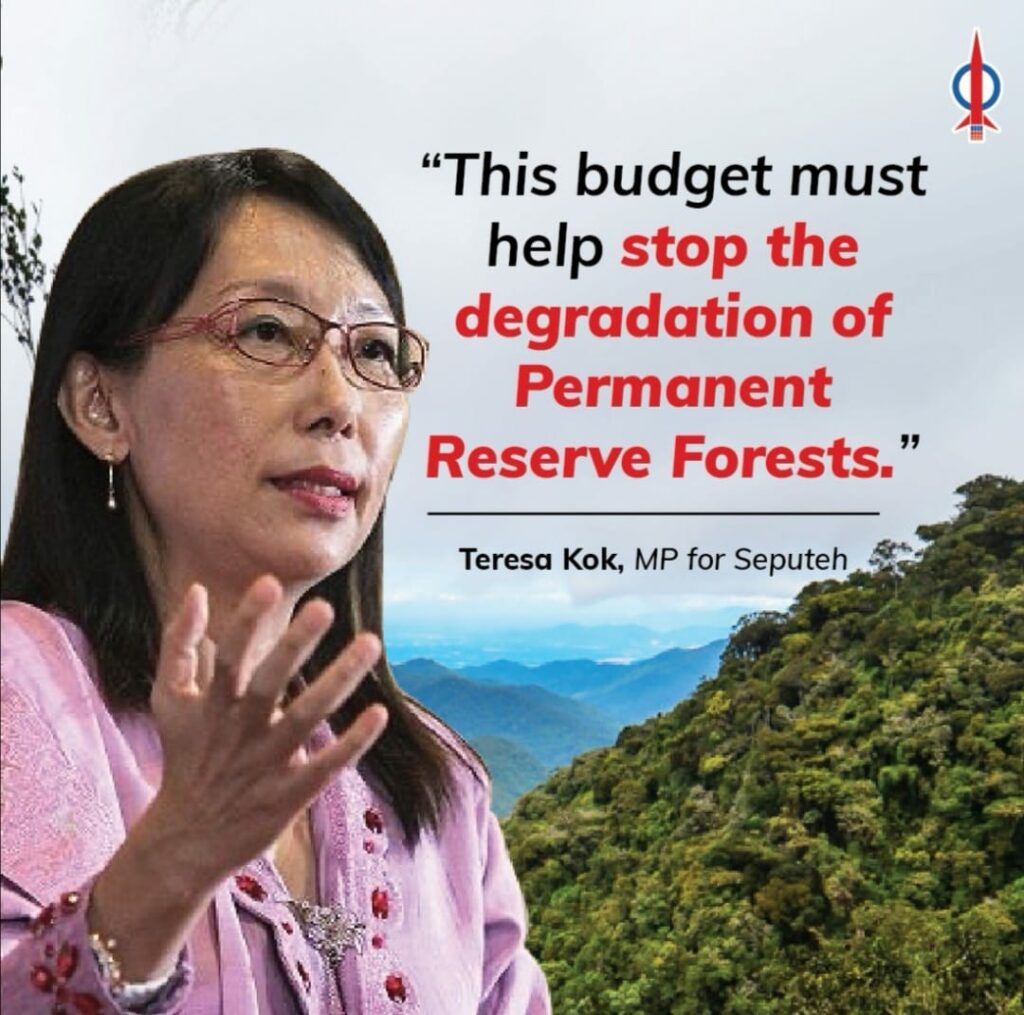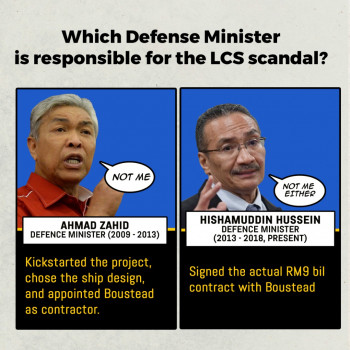
I welcome the government allocation of RM500 million to continue the Forest Plantation Development Scheme (Program Pembangunan Ladang Hutan, PPLH) under the 12th Malaysia Plan in the 2021 budget.
However, I wish the government can learn from the mistakes of implementation of the PPLH since 2006 to 2020, including the adverse effects of the fund leading to encroachment into the Permanent Reserve Forests (PRFs). The implementation of the 15-year scheme from 2006 and which is scheduled to end this year has inadvertently turned into a perverse incentive as there was no built-in safeguards against conversion of relatively well-stock forests into monoculture timber plantations.
In reviewing the scheme last year, this vital shortcoming has been highlighted by the Pakatan Harapan administration and is to be rectified in the next phase of the scheme.
The plan was to maintain the existing 130,000ha of which PRFs accounted for over 90% of coverage and to explore gradual restoration when the trees planted during the first phase are harvested. The scheme initiated in 2006 under the Ministry of Plantation and Commodities with an allocation of RM1.045bil was meant to augment the shortfall of timber supplies from natural forests due to the implementation of Sustainable Forest Management which translate to lower timber extraction with stricter annual allowable cuts.
While the establishment of the Revolving Fund is needed, there needs to be further clarity on the source of the RM500mil. Is it an allocation under the 12th Malaysia Plan or it is to be a Revolving Fund in its original sense which will be built up over time from repayments from borrowers of the scheme as they harvest their plantations starting from 2021? If it is indeed an allocation under the 12th Malaysia Plan which means the amount is to be spent within the five-year timeframe, there is a real risk that there would be further encroachment into PRF in the absence of a clear policy direction.

As it is very important that this budget helps us to ‘build back better’, the unsustainable practice which has caused degradation of the PRFs must be stopped. It is imperative to ensure that this initiative will deliver the promise of protecting the remaining forested area by reducing the pressure on its timber resources, in line with the government’s pledge to maintain at least 50% of the country’s landmass under forest cover.
The need to preserve the integrity of PRFs is a clear objective of the PH’s government. This is evident in the significant 4-point policy shift adopted in early 2019 with regards to the controversial oil palm industry. One of the points relates to no further conversion of PRFs into oil palm estates and this commitment extends beyond oil palm, tacitly. The next phase of PPLH must adopt sustainability principles for the timber industry to prosper yet not compromising the integrity of the remaining forest cover.
Teresa Kok
MP for Seputeh
Former Minister of Primary Industries



